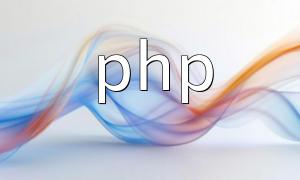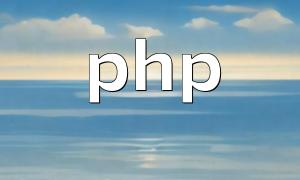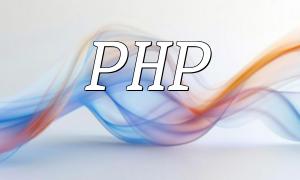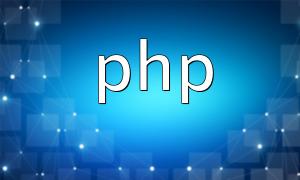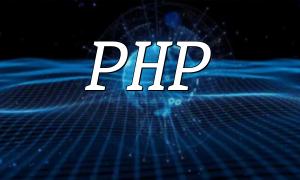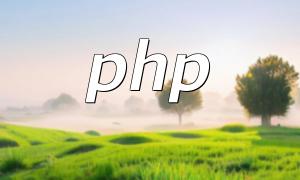In PHP development, working with dates and times is a common task. Whether it's for logging, data analysis, or validating form inputs, developers often need to convert between strings and Datetime objects. This article introduces two common methods for converting strings to Datetime in PHP, along with practical examples.
The Datetime class in PHP allows you to directly convert a string into a Datetime object using its constructor. This method is straightforward and works well for standard date formats.
<?php
$dateStr = '2022-12-31 23:59:59';
$datetime = new Datetime($dateStr);
echo $datetime->format('Y-m-d H:i:s');
?>In the example above, we first define a date-time string $dateStr, then create a new Datetime object using new Datetime($dateStr). Finally, the format() method is used to output the date and time in a specified format. This method works well for common formats such as YYYY-MM-DD HH:MM:SS.
If your date string uses a non-standard format, you can use the static method createFromFormat() to specify a custom pattern for parsing.
<?php
$dateStr = '2021/05/20';
$datetime = Datetime::createFromFormat('Y/m/d', $dateStr);
echo $datetime->format('Y-m-d');
?>With Datetime::createFromFormat(), the first argument defines the expected date format, while the second argument is the date string to convert. The resulting Datetime object can then be formatted using format() for standardized output.
Beyond basic conversions, the Datetime class offers powerful date manipulation features such as comparisons, time differences, and arithmetic operations. For example:
<?php
$datetime = new Datetime('2022-12-31');
$datetime->modify('+1 day');
echo $datetime->format('Y-m-d'); // Output: 2023-01-01
?>These capabilities make it easy to perform complex date calculations, improving both code readability and maintainability.
Converting strings to Datetime objects is an essential PHP skill. By mastering the two main approaches—the constructor and the static method—you can choose the right solution for any use case. These techniques not only enhance code clarity but also make date and time handling in PHP more efficient and reliable.

